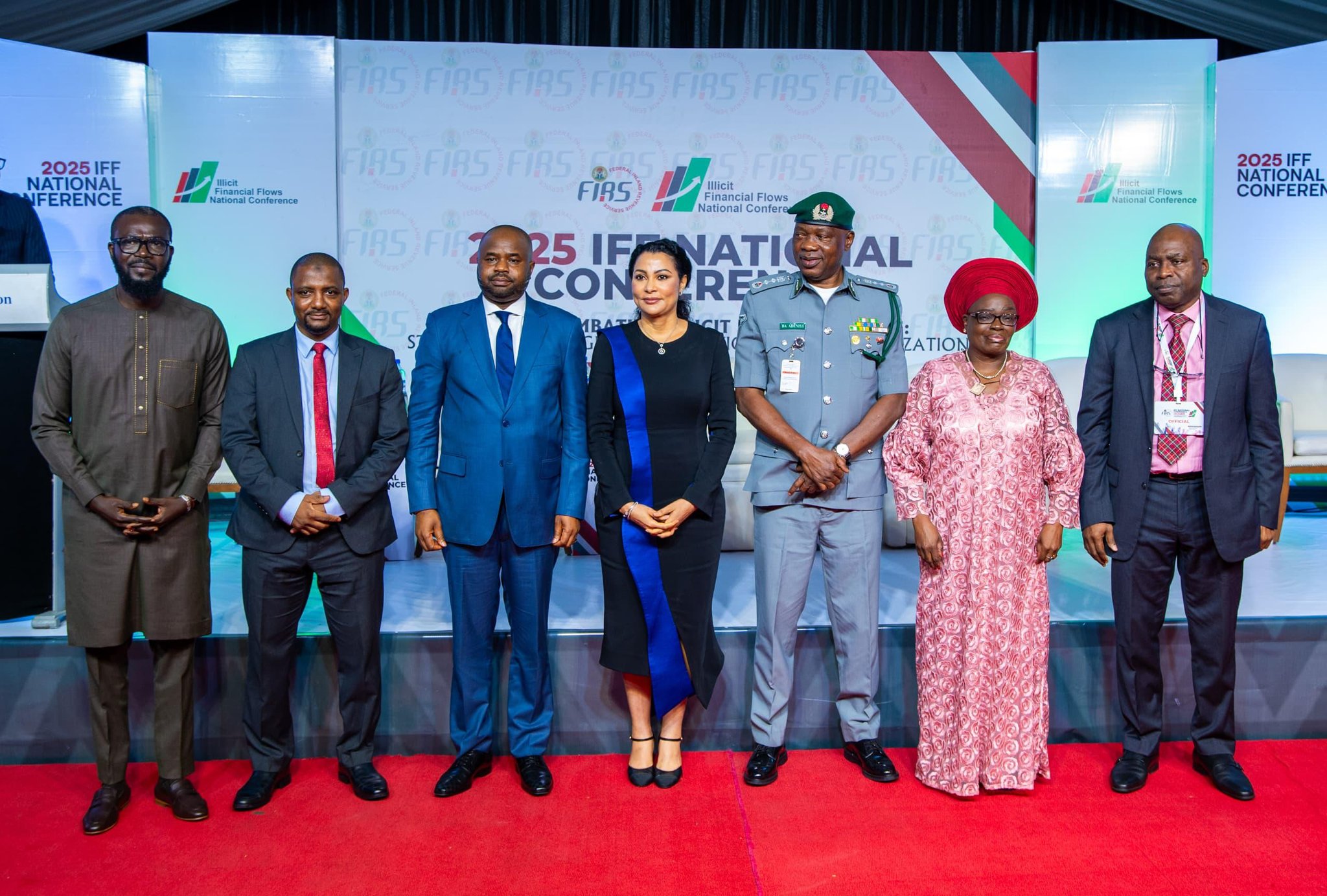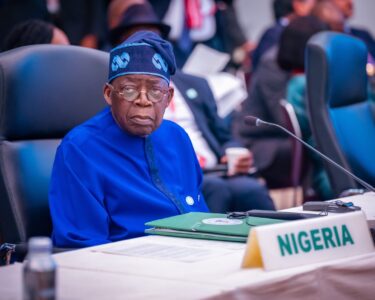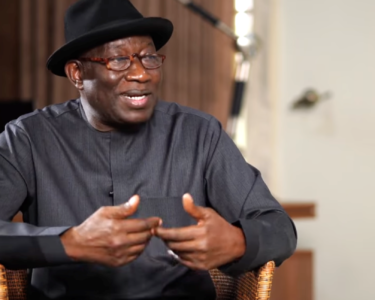Illicit financial flows
Nigeria loses $18bn annually
Summary
- Multinational corporations accused of exploiting outdated laws to shift profits and evade taxes
- Minister flags $18bn yearly loss, but discrepancies in figures raise questions about data accuracy
- Government’s reform efforts praised, but implementation and international cooperation remain key hurdles
- Experts call for overhaul of global financial system that enables capital flight from developing nations
Abuja, Nigeria — Nigeria’s annual loss of approximately $18 billion to illicit financial flows (IFFs) underscores a chronic failure of both domestic tax enforcement and global financial governance, analysts say.
The figure, disclosed by the Minister of State for Finance, Dr. Doris Uzoka-Anite, at the National Conference on Illicit Financial Flows in Abuja on July 22, 2025, reflects the economic toll of aggressive tax avoidance and profit shifting by multinational companies operating in the country.
Describing IFFs as a “hydra-headed monster,” the minister linked the massive outflows to outdated Double Taxation Agreements (DTAs), weak oversight mechanisms, and the complicity of global financial systems that favour capital flight from developing countries.
The conference, themed “Combating Illicit Financial Flows: Strengthening Nigeria’s Domestic Resource Mobilisation,” gathered policymakers, regulators, and experts to confront the scale of the challenge.
Data inconsistency and measurement gaps
While the minister cited an $18 billion loss, earlier figures from May 2025 placed Nigeria’s share of Africa’s IFFs at $17.72 billion, and another statement by Finance Minister Wale Edun in the same period pegged the loss at $15 billion. These discrepancies, though perhaps resulting from differing methodologies or timeframes, reveal a broader concern: the absence of a unified, transparent system for tracking IFFs.
Tax justice advocates argue that this lack of clarity undermines the credibility of government responses and hampers effective policy-making.
“You can’t fight what you can’t quantify,” one observer said. “Without accurate data, reforms risk being cosmetic.”
Beyond national borders: systemic injustice in global finance
The problem is not unique to Nigeria. A decade-old report by the AU/ECA High-Level Panel on IFFs, chaired by former South African President Thabo Mbeki, estimated that Africa lost $407 billion to trade mispricing between 2001 and 2010, with Nigeria a major contributor.
Commercial tax avoidance accounts for 65% of IFFs, compared to 30% from organised crime and 5% from official corruption, underscoring the dominant role of corporate tax manipulation.
Critics say this imbalance reflects a systemic bias in global financial rules, designed to benefit wealthy nations and corporations at the expense of developing economies. They point to international tax treaties, opaque offshore jurisdictions, and transfer pricing loopholes that allow profits to be siphoned away with near impunity.
Domestic reforms: Will they bite?
In response, the Federal Inland Revenue Service (FIRS) and the Ministry of Finance have introduced a raft of initiatives, including the establishment of a Tax Intelligence and Automation Department, inter-agency collaboration involving the Central Bank, EFCC, and NFIU, review of DTAs to close legal loopholes exploited for profit shifting, four new tax reform bills signed into law in June 2025 to modernise compliance, and a national strategy that includes beneficial ownership disclosures and digital monitoring.
FIRS Chairman Zacch Adedeji also announced plans for a Proceeds of Crime and IFFs Coordination Directorate, as well as ongoing staff training to boost detection and recovery.
However, the effectiveness of these measures depends on political will, enforcement capacity, and the ability to resist vested interests. Observers caution that reforms must move beyond legislative announcements to tangible results, especially in recovering stolen wealth and holding corporations accountable.
A call for international solidarity and justice
Dr. Uzoka-Anite called for a “whole-of-government and whole-of-society approach,” urging stronger domestic coordination and enhanced global tax diplomacy. She also advocated for Nigeria’s active participation in African Union and UN-led tax reform discussions to rebalance the international financial order.
Many experts argue that real progress will require fundamental shifts in how global financial systems operate. “IFFs are not just a Nigerian problem,” one participant noted. “They’re the symptom of a rigged global economy that rewards evasion, secrecy, and exploitation.”
The bottom line
While Nigeria’s current efforts to stem the tide of illicit financial flows are commendable, they face formidable obstacles. From outdated treaties and weak enforcement to global financial opacity and inconsistent data, the fight against IFFs demands more than rhetoric, it requires radical transparency, global cooperation, and unwavering domestic resolve.







